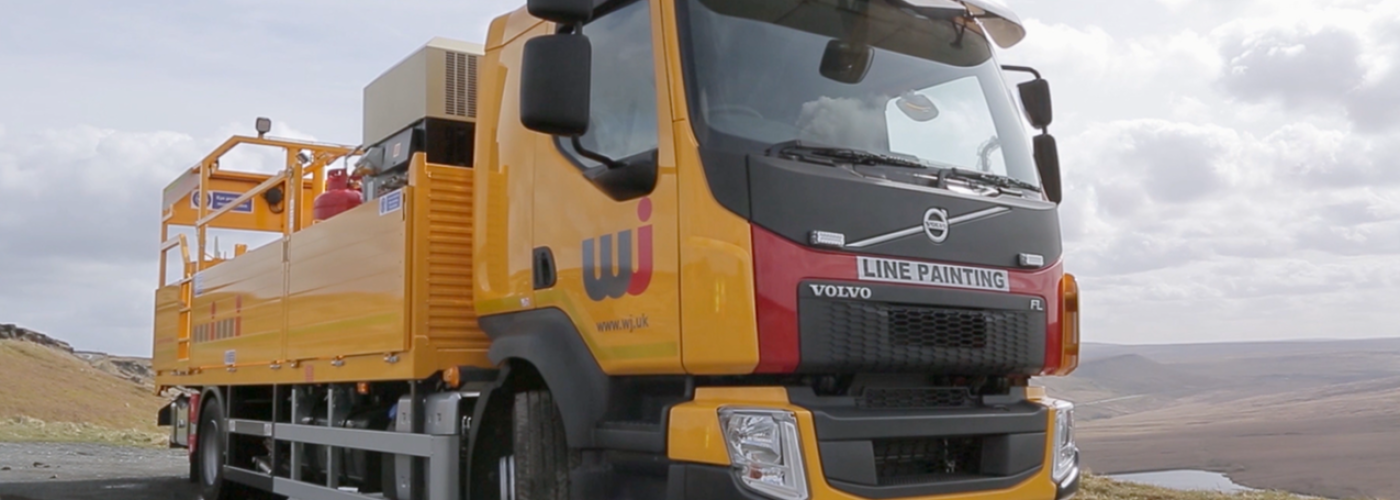WJ Group has shown its continued commitment to reducing carbon in infrastructure by gaining PAS 2080 certification with the British Standards Institute (BSI).
With more than 30% of UK greenhouse gas emissions being attributed to the construction, operation, and maintenance of infrastructure assets, PAS 2080 certification recognises businesses that have to come together to deliver low carbon infrastructure projects and reduce their environmental impacts.
To achieve PAS 2080 status, WJ Group demonstrated to the auditors that it had made considerable progress in reducing its carbon emissions and have a systems-based approach to being a greener link in the supply chain. This included promoting industry collaboration as well as reviewing its products and service methodology. During the accreditation process, the business demonstrated their ability to work within a PAS 2080 community delivering lower carbon infrastructure.
Paul Aldridge, Sustainability Director at WJ Group said: “Receiving PAS 2080 certification is independent recognition of our significant and ongoing efforts to reduce our environmental impact while collaborating on the vital projects on the highways network. For many years, we have worked to reduce our carbon footprint through our products and delivery methods to become part of the solution. We believe we have had some success in this area, but our sustainability efforts will not end here – this is just the start.”
The announcement follows WJ Group’s recent success at the Green World Awards where it was given a gold level award for the carbon reducing impact of its driver behaviour scheme. In the first year of the initiative, the business saw a 7.75% reduction in emissions as well as a 12% increase in Miles Per Gallon.
WJ Group has been working actively on reducing its carbon footprint since the early 2000s when it started recording and monitoring its energy usage, gaining Carbon Trust accreditation in 2015. Since then, the business has made significant advances including eliminating 20,000 tonnes of embedded carbon a year by reviewing the materials, wastage, and transportation of its thermoplastic road marking products.
Alongside this, WJ Group has made considerable effort to upskill employees across all areas of the business on their Green Skills, helping them understand their individual impact on the Group’s efforts to decarbonise. These steps will mean that WJ Group can achieve its Net Zero targets.
With sustainability being a significant priority for clients, designers, contractors, and suppliers alike, securing certifications such as PAS 2080 demonstrates WJ’s ability to play a positive role in the delivery of low carbon infrastructure projects.
Paul continued: “Currently, over 80% of our company cars and vans are hybrid or electric and our aim is eventually to have a fully zero emissions fleet of delivery vehicles. By doing this, all our projects in the future will be completed without the impact of fossil fuels. Alongside this, we are signatories of the Science Based Target Initiative, helping to achieve net zero by adopting an integrated systems-based approach. This is done using internationally recognised and independently audited standards including ISO 14064, SBTI, PAS 2080, ISO 14067, PAS 2050 and ISO 14040 to give our stakeholders confidence we are serious partners in change and the just transition to net zero.”
For more information on WJ Group’s sustainability work, please visit: https://www.wj.uk/sustainability/
Building, Design & Construction Magazine | The Choice of Industry Professionals





